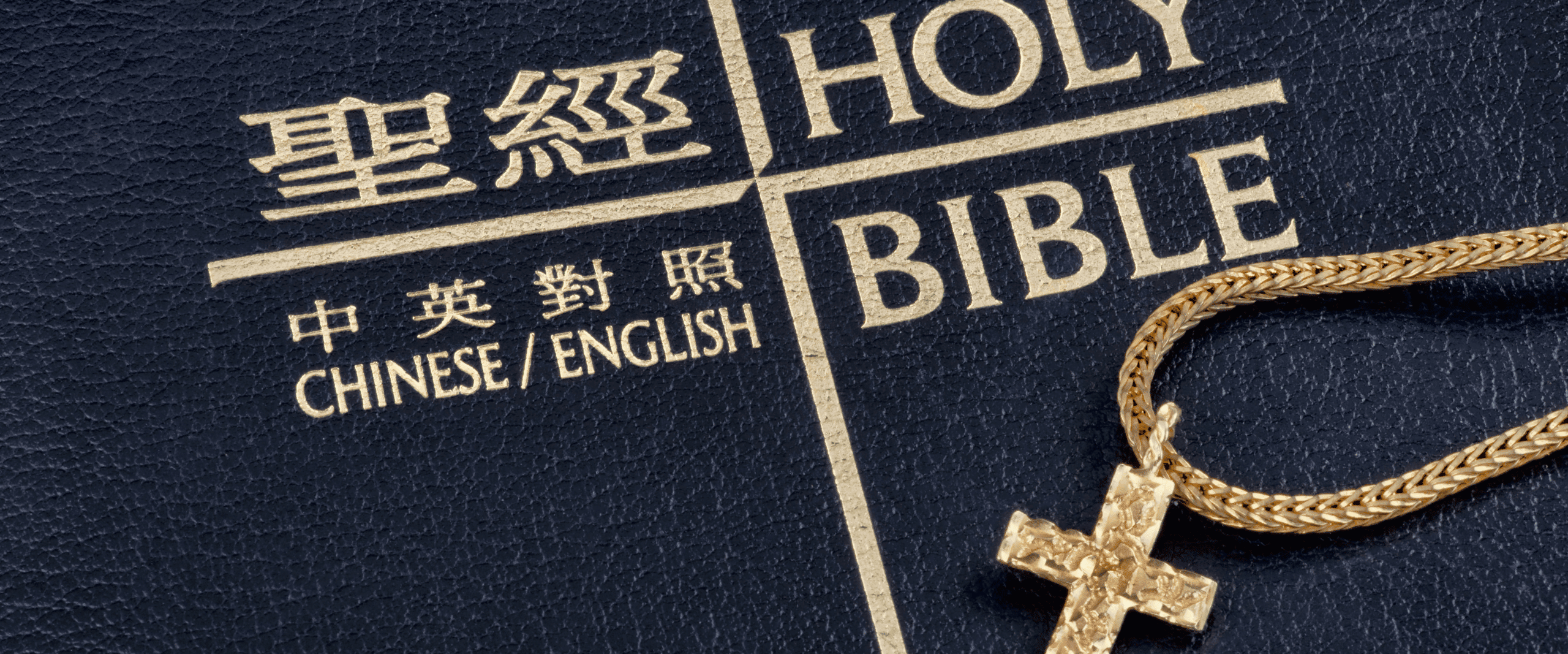The Other Side of Wuhan

“… these shall come from far … and these from the land of Sinim” (Isa. 49:12).
Several people have asked me, “Has God abandoned China?” This short piece is a partial answer to that question.
In these days of the COVID-19 pandemic, few realize that China has become a proving ground for the amazing vitality of the Christian faith. Despite a brutally cruel regime, and hi-tech snooping methods, the Lord Jesus Christ is winning many hearts and souls. President Xi Jinping and his mindless stooges are failing miserably in their attempt to wipe Christianity from China. Divine mercy for helpless souls is stubborn!
Even though China has experienced many COVID-19 deaths on a daily basis, yet the communist leadership is pursuing the systematic destruction of church buildings as though nothing else mattered. You would think that destroying church property wouldn’t be that important. Atheist megalomaniacs, however, do bizarre things fueled by swarms of dark spirits—like North Korea’s Kim Jong Un firing a battery of missiles into the ocean while claiming not a single COVID-19 death in the Hermit Kingdom. They don’t die of the coronavirus, but of a bullet in the head!
Various ministries are reporting on China. I would recommend Chinapartnership.org, Asiaharvest.org, Chinasource.org, and Bitter-winter.org. Other sources are not readily available to the general public, and with good reason. The communist butchers are on the prowl. Here are some reports and testimonies from China that are heart-warming. Space does not allow for more. Please remember our brothers and sisters on the mainland in prayer. The devil must be afraid of China. He is trying his best to destroy the testimony of Jesus there.
A Pastoral Letter —Wang Jianguo. This is a pseudonym for a group of unregistered church pastors who provide leadership and counsel for unregistered churches. The letter addresses the command of Hebrew 10:25, mandating the gathering of believers. The letter states that it was dangerous to meet in the days when Hebrews was written. “Therefore,” the letter asserts, “‘Wartime’ situations bring a greater reminder than ordinary times that ‘the Day’ is drawing near, therefore we should come together ‘all the more.’” The letter warns that public gatherings must be kept small, those who are sick must stay home, and those who have had contact with COVID-19 patients must not come to the gatherings. “However … the church must make it possible for believers to obey the biblical command to gather … becoming a better Christian is the work of God’s Spirit, through God’s word, in the community of God’s people. … If you cannot find a local church, you can still participate by listening to our sermon online. ”
“She Said ‘Yes’”: The Deathbed Conversion of Mama Xue, Szechuan’s First Coronavirus Fatality. Mama Xue travelled to Chengdu on Chinese New Year to be with her son. On January 20, she came down with a fever, was hospitalized, and was in a coma most of the time. On January 24, Pastor Peng, who pastors the church that Mama Xue’s son attends, told the son that he wanted to share the Gospel with his mother. If she was willing, Pastor Peng would call Mama Xue. The son found it difficult to check with his mother because she was in a coma most of the time, but when he was able to speak to her Mama Xue said she wanted to hear the Good News from Pastor Peng. The pastor called, thanked God that Mama Xue was conscious, and shared with her that we were all created by God, but we did not obey God and rejected Him. Despite that, God sent His Son, Jesus Christ, to die on the cross for our sins so that we may have eternal life. After Pastor Peng shared the Good News with her he stated, “I asked her if she wanted to believe and receive Jesus Christ. She said ‘yes.’ I prayed with her to receive Christ into her life. By God’s grace, He prepared this window of consciousness in her coma for her to hear the Gospel message and come to know Christ.”
Church Planting in China During the Coronavirus Outbreak. Pastor Hu is a dynamic church planter. When we talk about church planting in China, we are not talking about constructing a building. The government would destroy it. We are talking about people, loosely organized as a church—the ekklesia of God—“the called out ones.” Pastor Hu reports that he was originally schedule to launch his church-planting initiative in February of 2020, but because of the outbreak, he had second thoughts. After prayer, he decided to launch despite the situation. Pastor Hu reports that the coronavirus and the hardships it has created shows the need for more small communities of believers (local churches) to faithfully witness to God’s presence, righteousness, and love. He also organized a small Bible conference in Wuhan, of all places. Pastor Hu reports that not one case of the virus was found among the many who attended the conference. Pastor Hu said God used the conference in his life to strengthen him in the faith and in his ministry of church planting. In complete disregard to the risks to their own physical health, conference speakers preached on topics of suffering and resurrection.
Emmy Yang, “What Martin Luther Teaches Us About Coronavirus.” A Chinese Christian student currently studying in the US to be a medical doctor, whose grandparents live west of Wuhan, in the province of Szechaun, learned much from the pandemic for her future work as a doctor. “As a medical student and a future physician,” she writes, “I have a clear vocational commitment to caring for the sick—whether they have coronavirus, tuberculosis, or influenza. Precautions I will take, yes. But I am reminded by Luther that the sick are individuals deserving of care all the same.”
In the last two millennia there have been a number of pandemics that impacted the Western world. In the second, third, and fourth centuries, pandemics decimated the Roman Empire. A Roman emperor by the name of Julian thought Christians were insane because they sacrificially cared for the sick, even sick people who were not Christians. Yet it was because of this sacrificial demonstration of love that Christianity grew in the empire despite fierce government persecution.
In her article that appeared in christianitytoday.com, Emmy Yang writes about Martin Luther’s provocative letter, “Whether Christians Should Flee the Plague.” In 1527, there was an outbreak of bubonic plague in Wittenberg, Germany. Luther’s place of residence was a plague hotspot. In the ten years since Luther nailed his “Ninety-Five Theses” to the cathedral door, Luther had become the leader of the Reform movement. Luther’s friends insisted that Luther flee Wittenberg. He was too important to stay behind and risk death because of the plague. Luther, however, refused to leave and wrote the above-cited letter giving his justification for staying. Luther stayed and pastored the flock. He and his wife survived, but their daughter Elizabeth perished.
Luther wrote, “We die at our posts. Christian doctors cannot abandon their hospitals. Christian governors cannot flee their districts. Christian pastors cannot abandon their congregations. The plague does not dissolve our duties: It turns them to crosses, on which we must be prepared to die.”
Luther is best known for recovering the biblical doctrine of justification by faith, but his developing “theology of the cross” marvelously elevated the cross of Christ as a basic source of knowledge concerning who God is, how He saves, and how His people are to live. The cross, Luther believed, demands absolute obedience to the risen Lord, even if it leads to our death.
In these days of the “Chinese virus” we need to remember that there is “the Other Side of Wuhan,” a side which we don’t hear much about. It’s the side that reminds us of John 15:13—“Greater love hath no man than this, that a man lay down his life for his friends.”




Leave a Reply